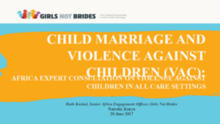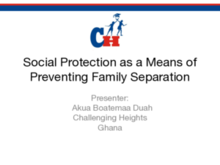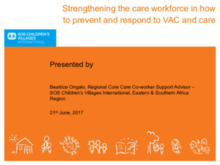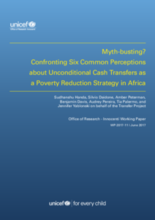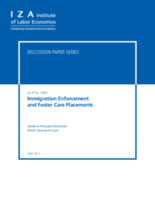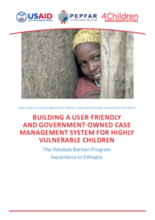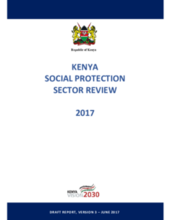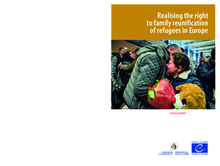Displaying 161 - 170 of 461
This Girls Not Brides presentation provides an overview of child marriage, its impact and relationship to violence against children and alternative care, offering recommendations for research, policy, and practice at global, regional, and national levels when it comes to preventing child marriage and responding to those impacted.
This presentation describes the social protection interventions being implemented to support children in Ghana, as well as the benefits and challenges experienced in administering these programs.
This presentation describes the issue of violence against children in alternative care settings in East and Southern Africa and offers recommendations on how to strengthen the care workforce to ensure it is equipped to prevent and respond to violence against children in alternative care.
The 2017 KIDS COUNT Data Book urges policymakers not to back away from targeted investments that help U.S. children become healthier, more likely to complete high school and better positioned to contribute to the nation’s economy as adults.
The study explored the health challenges faced by orphans living with extended families in South Africa.
This report summarizes evidence on six perceptions associated with cash transfer programming, using eight rigorous evaluations conducted on large-scale government unconditional cash transfers in sub-Saharan Africa, under the Transfer Project.
This study investigates how the intensification of immigration enforcement in the United States contributes to higher rates of undocumented immigrant children entering the foster care system.
This case study describes the coordinated care and case management system for highly vulnerable children and their caregivers implemented by the Yekokeb Berhan program in Ethiopia.
In 2011/12 a comprehensive Review was undertaken of Kenya’s Social Protection Sector. This Review follows up on progress made since the previous one.
This issue paper examines family reunification for refugees as a pressing human rights issue, advising states to re-examine their laws, policies and practices relating to family reunification for refugees.

